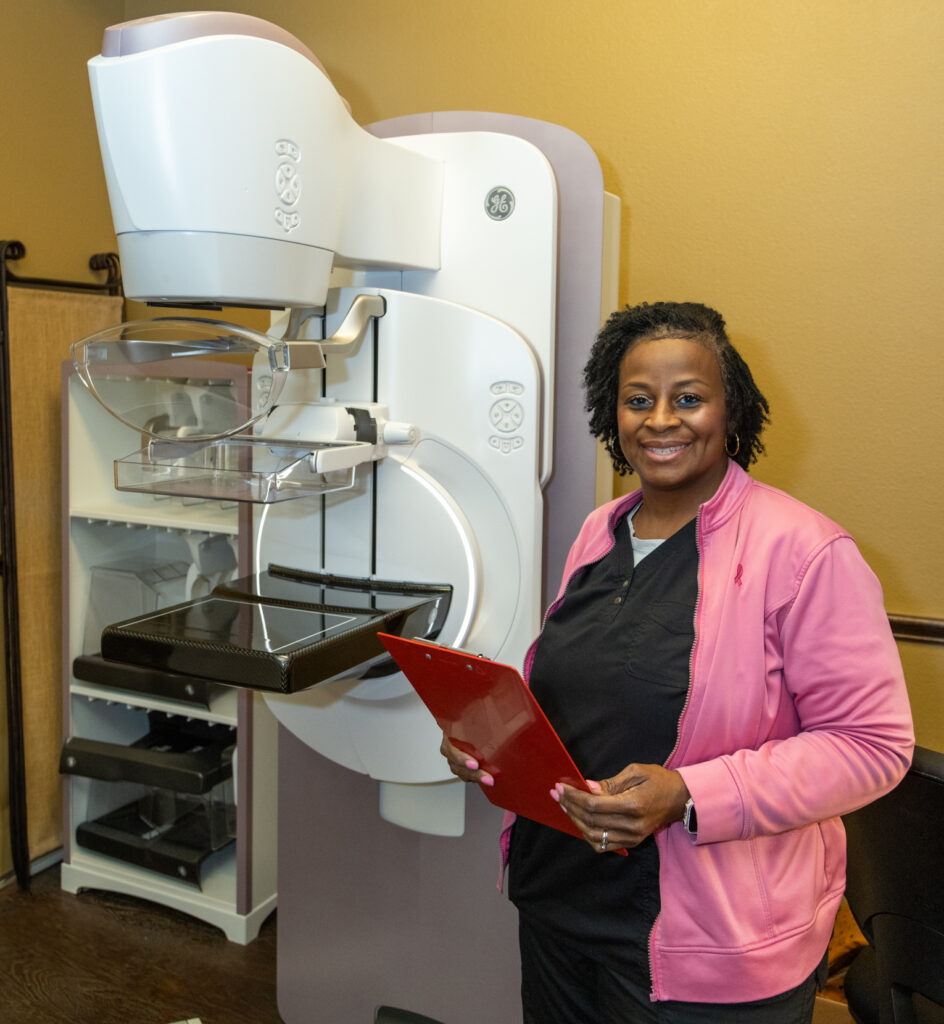Breast cancer is one of the most common cancers among women, and knowing the facts can make a huge difference. In this post, we’ll explore the early signs, the importance of mammograms, advances in treatment, lifestyle changes that can reduce your risk, emotional support options, and how you can get involved during Breast Cancer Awareness Month.
What Are the Early Signs and Symptoms of Breast Cancer?
Catching breast cancer early is key to successful treatment. Some of the most common early signs include finding a lump in the breast or underarm. While not all lumps are cancerous, it’s crucial to have any unusual lump checked by a healthcare professional. Another sign is noticeable changes in breast size or shape. If one breast suddenly feels or looks different from the other, it’s important to take note. Nipple changes, such as inversion (where the nipple turns inward), unexpected discharge, or discomfort in the nipple area, may also signal an issue. Additionally, keep an eye out for changes in the skin on your breasts, such as dimpling, redness, or peeling. While breast cancer typically isn’t painful in the early stages, any persistent pain should also be brought to your doctor’s attention. Getting familiar with how your breasts usually look and feel and performing regular self-exams can help you notice any unusual changes early on.
How Often Should Women Get Mammograms, and Why Are They Important?
Mammograms are a critical tool for detecting breast cancer in its early stages, often before any symptoms arise. Most women should start getting annual mammograms at age 40. After age 55, women may choose to switch to mammograms every two years, depending on personal risk factors and discussions with their doctor. The reason mammograms are so important is that they can detect cancer when it’s most treatable, giving women more options and a better chance at recovery. Scheduling a mammogram is simple at our practice, and you can learn more about the process here: https://adriaticawomenshealth.com/services/mammography/.

What’s New in Breast Cancer Treatment?
Breast cancer treatments have come a long way, with new advancements making treatments more effective and personalized. One of the most exciting developments is targeted therapy, which focuses on attacking cancer cells while leaving healthy cells alone. Immunotherapy is another promising area, as it helps boost the immune system’s ability to recognize and fight cancer cells, especially in more aggressive forms of breast cancer like triple-negative breast cancer. Personalized medicine is also making a huge impact, as doctors can now tailor treatments to the specific makeup of an individual’s cancer, improving outcomes. Proton therapy, a newer form of radiation therapy, allows for more precise targeting of cancerous tissue, minimizing damage to surrounding healthy areas. These advancements are helping patients receive more effective treatments while reducing side effects.
What Lifestyle Changes Can Lower the Risk of Developing Breast Cancer?
While genetic factors are important, lifestyle choices also play a significant role in reducing breast cancer risk. Staying active is one of the best ways to lower your risk. Experts recommend aiming for at least 150 minutes of exercise each week. Maintaining a healthy weight is also crucial, particularly after menopause, as excess body fat can increase the risk of breast cancer. Limiting alcohol intake is another smart move, as even moderate drinking has been linked to a higher risk of breast cancer. Quitting smoking can reduce the risk of various cancers, including breast cancer, and is always a good health choice. For those who can, breastfeeding has been shown to lower the risk of breast cancer as well. Finally, if you’re considering hormone replacement therapy (HRT), discuss the risks and benefits with your doctor, as long-term use has been associated with an increased risk of breast cancer. By adopting these healthy lifestyle changes, women can take proactive steps toward lowering their breast cancer risk.
What Emotional and Psychological Support Is Available for Breast Cancer Patients?
Receiving a breast cancer diagnosis can be emotionally overwhelming, but there are many resources available to help. Counseling with a mental health professional can be incredibly beneficial, offering patients a safe space to talk about their feelings and learn coping strategies. Support groups, whether in person or online, allow patients to connect with others going through similar experiences, providing a sense of community and understanding. Additionally, mind-body practices like yoga, meditation, and mindfulness can help manage the stress and anxiety that often accompany a cancer diagnosis. Many cancer centers also offer patient navigators who can guide patients through treatment, helping to connect them with emotional and psychological support services. Emotional care is a vital part of the overall treatment process, and seeking help can improve both mental and physical well-being.
How Can We Support Breast Cancer Awareness Month and the Women Impacted by This Disease?
October is Breast Cancer Awareness Month, and there are plenty of ways to get involved and support those affected by breast cancer. One of the simplest ways to participate is by spreading awareness. Share information about the importance of early detection, mammograms, and healthy lifestyle choices with your friends, family, and social media networks. Participating in or donating to fundraising events, like charity walks or runs, is another great way to help raise money for breast cancer research and patient support services. Wearing pink during October is a small but meaningful gesture to show solidarity with those affected by breast cancer and to raise awareness in your community. On a more personal level, if you know someone going through breast cancer treatment, offering practical help, like running errands, cooking meals, or just being there to listen, can make a big difference in their day-to-day life. Finally, encourage the women in your life to schedule regular mammograms and stay informed about breast cancer prevention.
By staying informed and taking action, we can all make a difference in the fight against breast cancer. Let’s work together to raise awareness, support those going through treatment, and push toward a future where breast cancer is a thing of the past.

